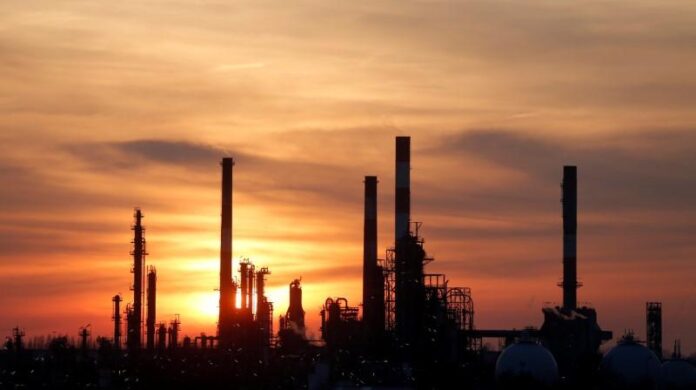ISLAMABAD:
Cabinet Committee on Transport and Logistics (CCoTL) has directed the petroleum division to carry out an audit of the deemed duty collected by petroleum refineries for their up-gradation and the petroleum division asked refineries to submit details within two days.
Directorate General of Oil, Ministry of Energy (Petroleum Division), in a letter dated 6th September 2021 to the managing directors (MDs) of six refineries (Pak-Arab Refinery Limited, Byco Petroleum Ltd., Attock Refinery Limited, National Refinery Limited, Pakistan Refinery Limited, ENAR Petroleum Refining Facility Ltd.) has asked to provide a yearly breakup of deemed duty collected by each refinery and its utilization since its inception. Also, reports of audits of deemed duty conducted by 3rd party or government auditors from its inception.
“Above information/reply should be furnished within two (2) days, enabling this division to onward submission to CCoE of the Cabinet. Further, the soft copy of the requisite information in MS-Excel format may also be e-mailed at “ dirfpoil@gmail.com”, in addition to the hard copy,” said the petroleum division’s letter.
Earlier, the CCoTL, in a decision dated 01-09-2021, had directed the petroleum division to place the matter of deemed duty before the CCoE (Cabinet Committee on Energy) in its next meeting with the yearly breakup of duty collected by each refinery and its utilization since its inception.
According to sources, collection of the deemed duty has so far remained a controversial subject for the refineries. And, many believed that the refineries had received billions of rupees but they did not invest in plant upgrades.
It is pertinent to mention that the Cabinet Committee on Energy (CCOE) had earlier raised several questions over the proposed Refinery Policy 2021 and the major question was how much deemed duty the oil refineries had collected and what was the total investment in upgrading the projects out of the total receipts.
In response to the observations of the CCoE, the Petroleum Division, in a meeting held on August 20, 2021, had recalled that deemed duty (tariff protection) was introduced post-abolition of the guaranteed return formula (10-40 per cent) in 2002 to run the refineries on a self-financing basis, offsetting losses and expanding/ upgrading. A 10pc tariff protection was introduced for diesel and 6pc for JP-4, kerosene and light diesel oil. However, in 2007-08, the tariff protection was limited to diesel and was slashed to 7.5pc, effectively reducing the tariff protection to around 2pc for the overall production slate. And, since then, the refineries have invested capital expenditure of Rs200 billion against the collection of deemed duty.




